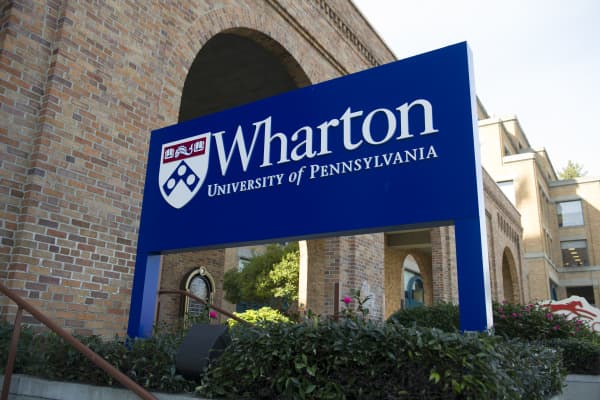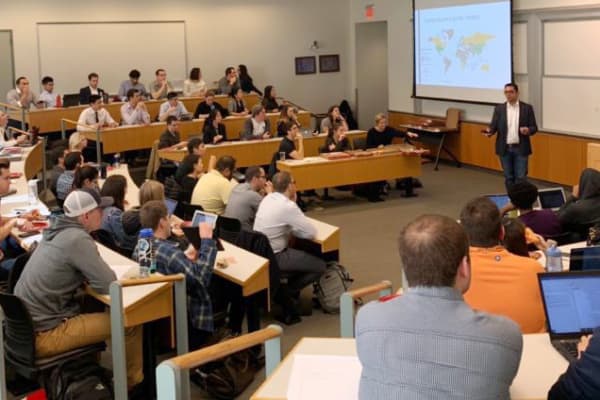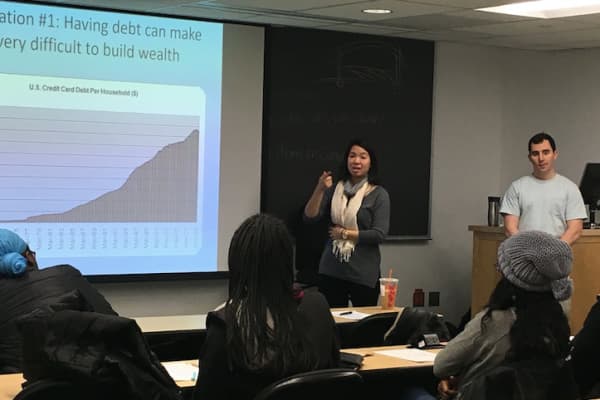When it comes to money, most people lack the know-how to make smart moves on their own. Even at Wharton, one of the nation's top business schools, financial illiteracy still exists.
To address the problem, a few MBA students in 2016 founded Wharton Common Cents to shed some light on personal finance topics that aren't often taught in the classroom.
"There are a ton of financial circumstances you have to deal with as a graduate student that you're not fully prepared for," said Laura Gentile, 29, incoming co-president of the student-run club. Without the know-how, "you are at a huge disadvantage."
The club's mission is to provide fundamental skills and resources to create a secure financial future, Gentile said.







